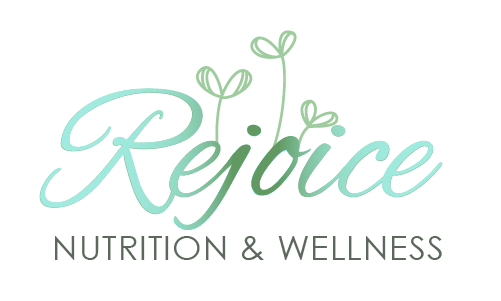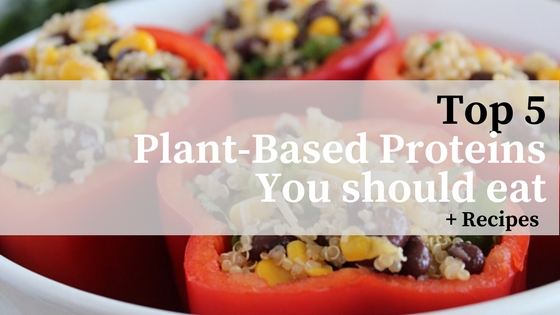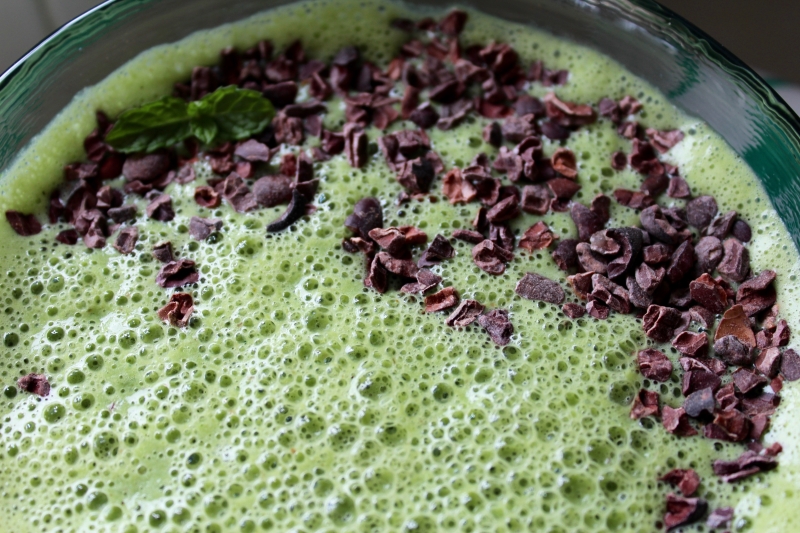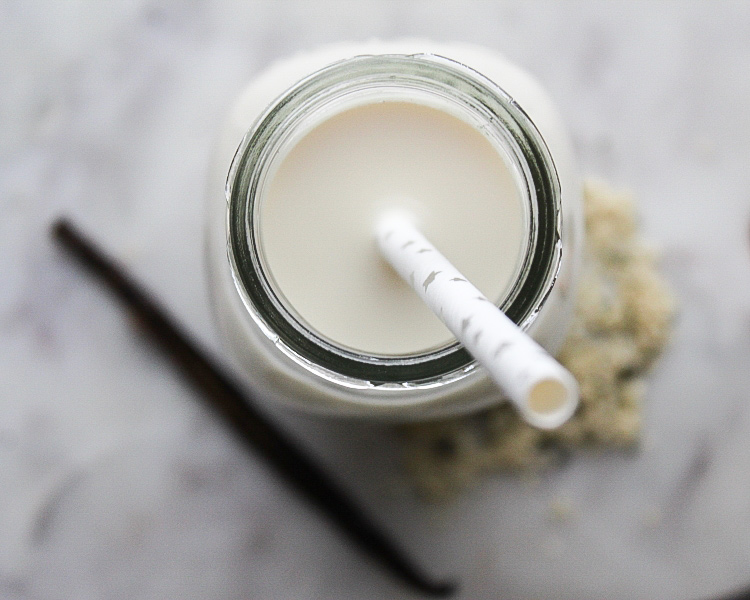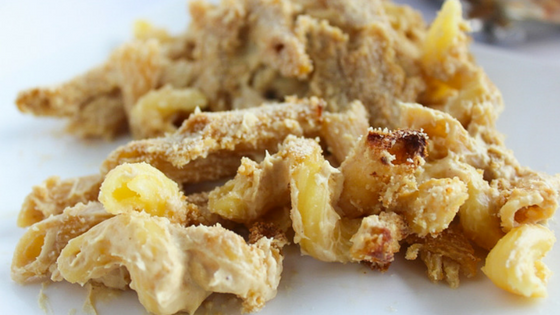I hear from a lot of clients that they are interested in adding more plant-based proteins into their diet and reducing their animal intake as a result of the increase in animal protein costs. Many families look to adding plant-based proteins as a way to balance their food costs throughout the month. Their hesitation is always, “will I get enough protein?” After you take away water protein accounts for 75% of your body weight, so the importance of protein is something we learn early on. But how much protein does the average adult really need? A simple formula is for every kilogram of body weight you should consume 0.8 grams of protein. Now our activity level and needs will adjust to this requirement, but generally speaking, our needs are much lower than most of us are consuming in a traditional North American Diet.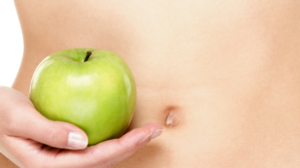
Additionally, Soy products such as Tofu, Tempeh, and Edamame beans are often the first choice people think of when we discuss plant-based proteins. One serving does contain 20 grams of protein, however, soy is not everyone’s friend. Soy is a goitrogenic food that can negatively impact those that have any thyroid problems. It also can be inflammatory in nature and impact hormones. I mention it because for many it can be a great plant-based protein but people need to be mindful of it based on their body’s unique needs.
What is Protein Really?
 Carbohydrates and fats’ main role is energy, whereas proteins are considered structural or building nutrients. What does that mean? Well, proteins are components of our muscles, skin, and bones. They are essential for maintaining healthy bones and muscle mass. Proteins are synthesized from amino acids and our body can not construct them all, so we need to consume them through food to complete the process.
Carbohydrates and fats’ main role is energy, whereas proteins are considered structural or building nutrients. What does that mean? Well, proteins are components of our muscles, skin, and bones. They are essential for maintaining healthy bones and muscle mass. Proteins are synthesized from amino acids and our body can not construct them all, so we need to consume them through food to complete the process.
Where to get started?
Adding more plant-based proteins is easy. A “Meatless Monday” is a great place for families to start. Simply switching ground beef out on taco night for brown rice and black beans can provide amino acids and meet protein needs. Plus plant-based proteins are often a more affordable option than meat, so this can be a great way to save money too.
Top 7 Plant-Based Proteins You Should Eat:
VEGGIES
Yes, that is right! People are often surprised to learn that vegetables contain proteins. 1 cup of cooked green beans contains (9g of protein), spinach (5 grams), & broccoli (4 grams). Adding a handful of spinach to your morning smoothie, to your lunch wrap, or a side salad for dinner is a simple way to increase your daily protein intake through veggies. Try this Mint Chocolate Chip Smoothie Bowl to see how wonderful spinach can really taste.
GRAINS
Quinoa is a source of non-animal essential amino acids, while being a great naturally gluten-free grain choice. One cup of quinoa contains 8grams of protein! What I love about quinoa is how versatile it is and how it can be both sweet and savory. Check out this delicious Maple Pecan Quinoa Breakfast Porridge or this vibrant Taco Quinoa Stuffed Pepper. Amaranth has 9 grams and brown rice contains 5 grams of protein so rotate through your grains to keep things interesting and keep food sensitivity down.
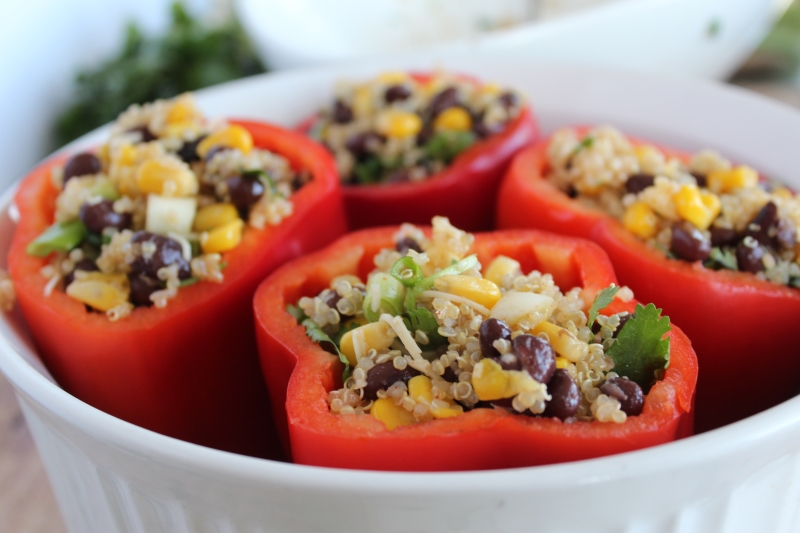
BEANS & LEGUMES
This is a plant-based protein group that many of my clients struggle with after their read articles about how to soak beans and the lengthy cooking times of legumes. Honestly, if you are new to them just select a good quality canned variety (I love Eden Brand as they are organic and use BPA-free linings). This makes throwing a meal or a lunch together in minutes! Be sure to give them a good rinse after opening the can. 1 cup of lentils has 19 grams of protein, kidney beans & black beans have 15 grams. Try this rich Plant-Based Chili recipe or these Sprouted Curry Lunch Pockets
NUTS & SEEDS
By far this is my favorite plant-based category because there are so many fun ways to incorporate them, plus it is super easy to toss a handful of nuts in a bag for an afternoon snack or sprinkle seeds onto your morning quinoa porridge to enhance your protein intake. An oz of Hemp Hearts has 9 grams of protein, pumpkin seeds have 7grams, almonds have 6 grams, and chia has 4 grams. Make 3-ingredient Hemp Seed Milk in your Blender, Easy Strawberry Vanilla Chia Jam, or try a tasty Pumpkin Spiced Latte Chia Pudding recipe!
NUTRITIONAL YEAST
If you have not yet explored nutritional yeast you are in for a real treat. It is often used in the plant-based world to create cheese sauces due to its cheesy flavor, it is a great source of high B vitamins, and has 12 grams of protein per 3 tablespoons. Nutritional yeast is not an active yeast and is vegan-friendly, you can find it in your grocery or natural foods store in a powder or flake form. Check out this Easy Cashew Cheese recipe and this tasty Cauliflower Mac & Cheese recipe.
You will find in searching through my recipes on the Nutrition Page that the majority of my recipes are plant-based, so enjoy exploring new ways of eating and remember to have fun. Variety is the spice of life!
XO Jo
